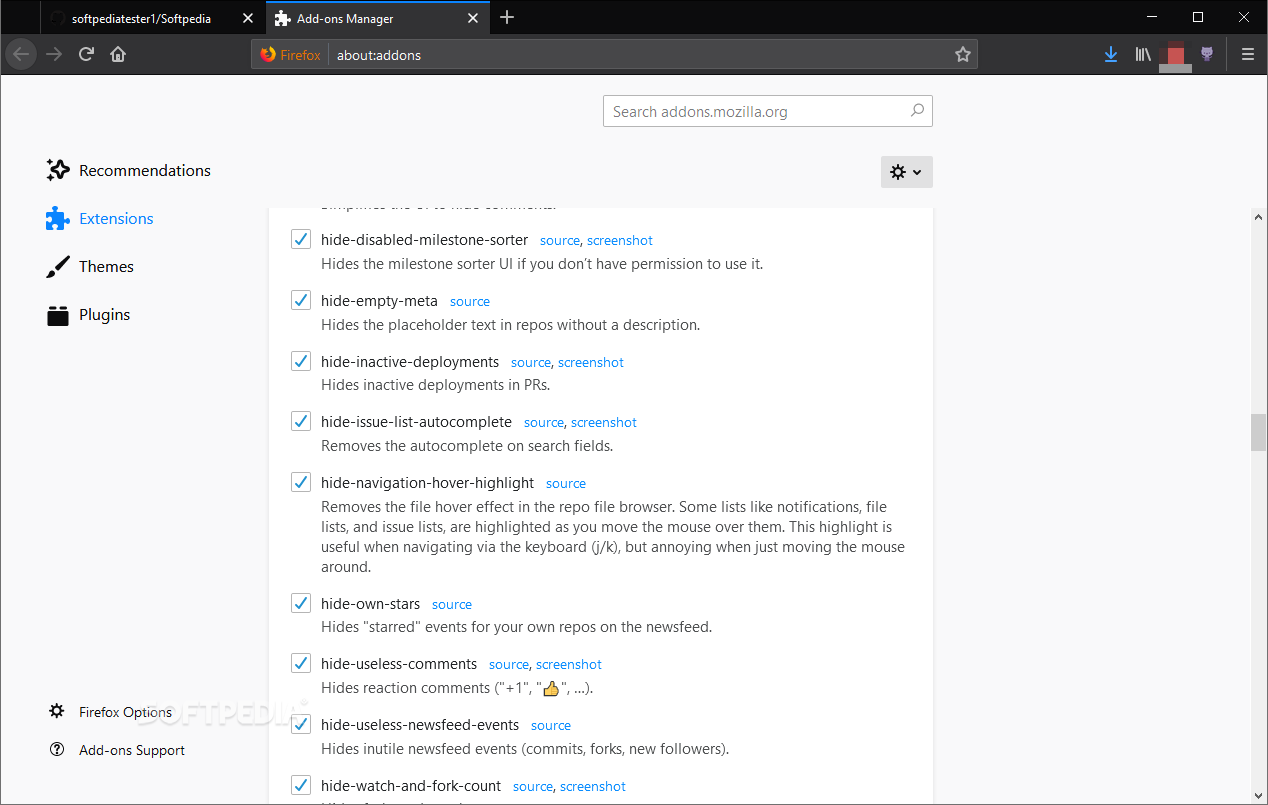By Abhishek Chaudhary

Firefox Send is a free-to-use, online file-sending service, able to handle files up to 2.5 GB. It was developed by Mozilla and is licensed under the terms of the open source Mozilla Public License. Development started in 2017 and it came out of beta on 12 March 2019. Report this add-on for abuse. If you think this add-on violates Mozilla's add-on policies or has security or privacy issues, please report these issues to Mozilla using this form. Firefox Send localization is managed via Pontoon, not direct pull requests to the repository. If you want to fix a typo, add a new language, or simply know more about localization, please get in touch with the existing localization team for your language or Mozilla’s l10n-drivers for guidance. Ehuggett / send-cli. Use Git or checkout with SVN using the web URL. Work fast with our official CLI. If nothing happens, download GitHub Desktop and try again. If nothing happens. Apr 07, 2021 Currently this solution does not work for Firefox (tested on 47.0.1). Selenium does not see new Firefox tab as the new window and can't windowhandle new tabs. I was able to make it work by opening the link in a new window, not new tab.

Published 2020-06-07
Firefox Send Github Video
Firefox Send is a free-to-use, online file-sending service, able to handle files up to 2.5 GB. It was developed by Mozilla and is licensed under the terms of the open source Mozilla Public License.
| Quick Info | |
|---|---|
| Developer | Mozilla |
| Launch date | |
| Type | File sharing, encryption software |
| Platform(s) | Web, Android |
| Website | https://send.firefox.com/ |
firefox send review
Because Firefox Send is end-to-end encrypted, not even Mozilla can see the contents of what you’re sharing. You can also add a password to a given file, so that even if someone intercepts that URL—by compromising the recipient’s email, say—you can keep it secure.
Firefox Send Github Files
Compare that experience to an encrypted messaging app like Signal; you know what version you have on your phone, and how it behaves. A browser-based solution offers no such guarantees, and potentially exposes users to either server-side or man-in-the-middle attacks. White acknowledges that those scenarios aren’t likely, especially for the average user. But human-rights activists, journalists, and other potential targets should take it into consideration.
